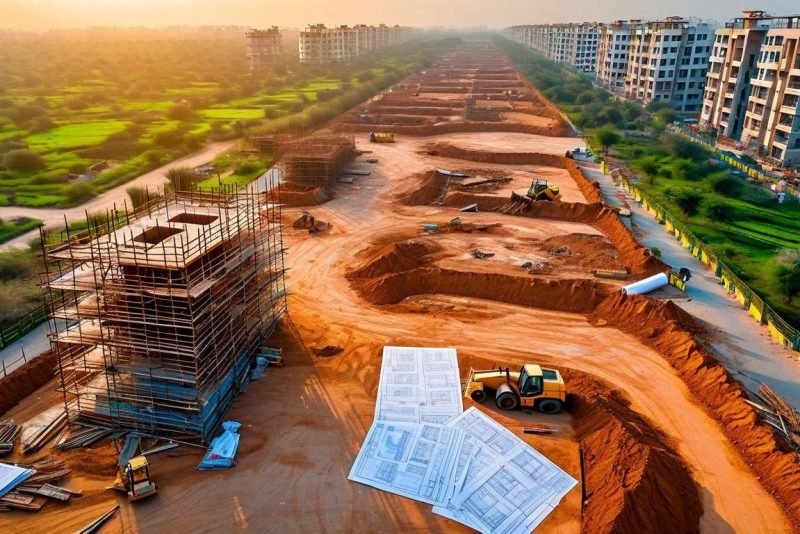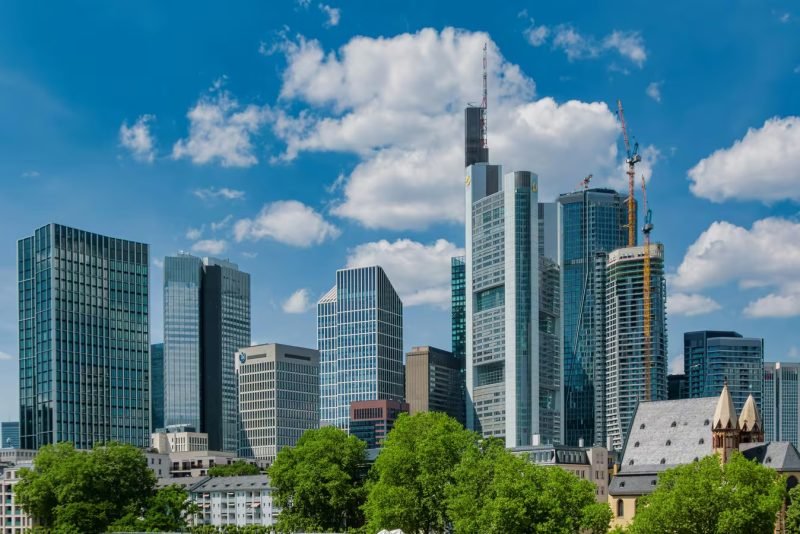Today, the second wave of coronavirus has imbued uncertainty in the sector resulting in a temporary pause, but developers are now better prepared and well-versed with the know-hows of a pandemic.
India’s resilient and burgeoning real estate segment has always remained an investor’s favourite, and one of the most sought-after realty markets globally. The growth potentials are such that the segment is poised to account for 13% of India’s economy by 2025. A major wealth creator and one of the largest employment generating sectors, it has undoubtedly feared unwanted consequences at the onset of the pandemic last year, but predicting the challenges early and injecting quick reforms – which included financial assistance including loan moratoriums, stamp duty cuts and tax reliefs through conducive government policies and comprehensive and well-calibrated strategies — helped the sector continue its growth even after a temporary pause in 2020.
The onset of pandemic followed by a stringent nationwide lockdown imbued huge challenges before the sector, bringing it to a temporary standstill. Same sentiments were reflected in a report that informed only 19,038 units were sold across India’s eight key property markets during Q2 2020. Similarly, only 12,564 units were launched during this period across the same markets. The sale of residential properties declined by 79% annually and new supplies dipped by 81% in 2020. Furthermore, a dip in sales and supply of commercial spaces was witnessed during the shutdown.
Foreseeing the perils of the pandemic early, the governments made quick and important decisions and announced relief measures. The Prime Minister boosted the morale of the stakeholders by launching the Aatmanirbhar Bharat campaign, which was strengthened by RBI’s announcement of loan moratoriums. Stamp duty cuts, reduction in loan rates largely aided the developers during the volatile times. Strategies were re-envisioned quickly by adapting digitization and reaping benefits from emerging concepts like work-from-home model, remote offices, second homes, big spaces, etc. Ease in investment opportunities through flexibility in REITs and tax reliefs boosted market sentiments and today, the sector is on its road to recovery with homebuyers and investors returning to the market.
A mix of factors like increased demand, low-interest rates, better household savings and government support catapulted growth. The top 7 cities of the country staged an impressive comeback post lockdown last year. A recent report also confirms the fact that housing sales in 7 cities increased by 29% and new launches by 51% during this quarter against the corresponding period in 2020. Delhi NCR, Mumbai, Bengaluru and Pune together accounted for 83% of the sales in the quarter. The performance of micro-markets in the Delhi-NCR region, including Noida and Gurgaon, witnessed a double-digit expansion in property appreciation prices with 11% and 13% growth respectively.
Real estate has always remained resilient, and buyers look at the segment also as a long-term investment. Developers during this ideal time took advantage of the pent-up demand to clear most of the unsold inventories. With sensible pricing, buyers too stepped out to invest in homes. The demand picked up with them coming forward to reap benefits of the reduced demand and increased negotiation potential, and strong interest from sectors such as technology, banking, financial services, and others. Tech-enabled systems, increased momentum of operations, demand for bigger flat sizes and independent floors and new trends are making the market look promising for the next coming quarters.
Today, undoubtedly the second wave of coronavirus has imbued uncertainty in the sector resulting in a temporary pause, but developers are now better prepared and well-versed with the know-hows of a pandemic. The Indian real estate sector is now a buyer’s market, and the ongoing inoculation program is boosting the confidence of homebuyers. It is most likely that the sector will resume its growth from Q2 of FY 2021-22. We will see a steady flow of investments that will ensure growth opportunities with higher returns. The halt will be short-term and cheers and confidence in the market will return as soon as we successfully bend the Covid curve.
(By Ashish Sarin, CEO, AlphaCorp)
Source :Financial Express




